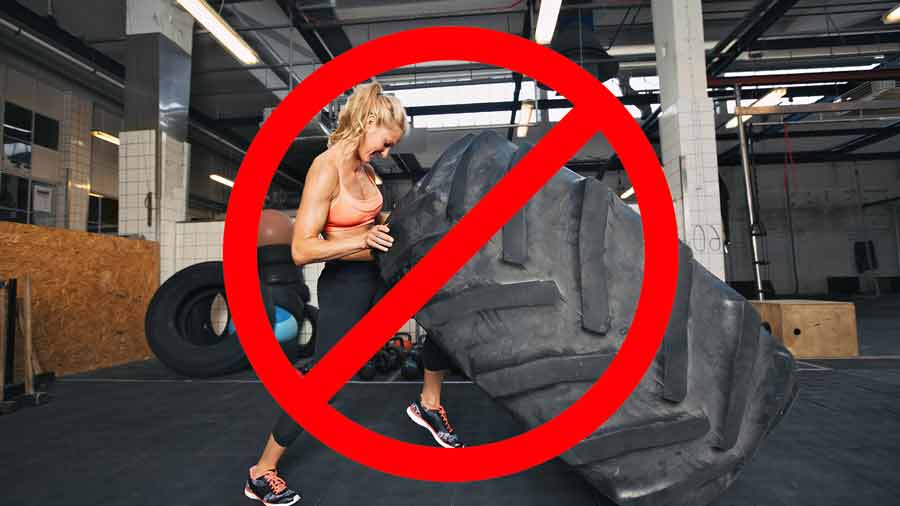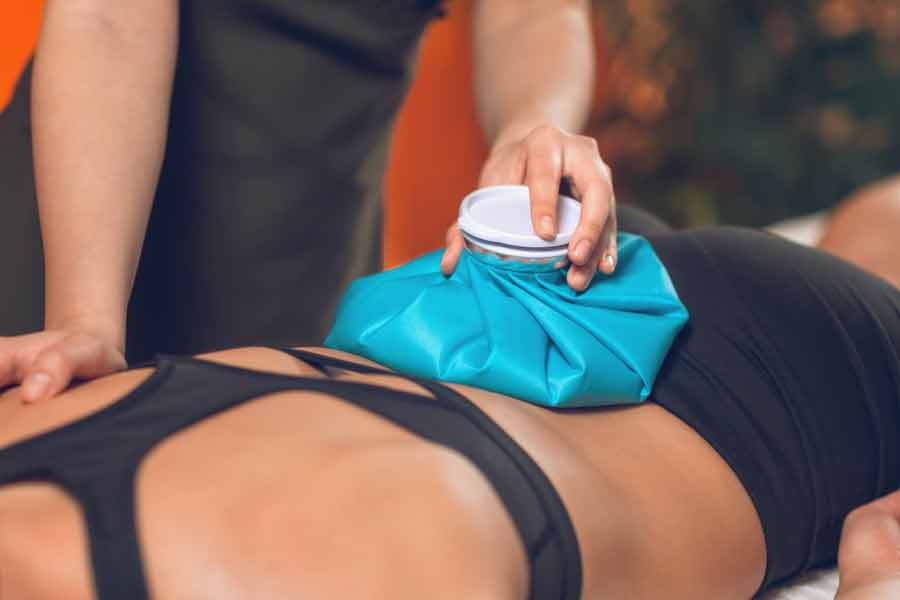Doc, I have back pain. What do I do?
I have been reading the comments to the Shimspine Youtube channel, and I realize that many people are looking for some guidance. So instead of responding to the individual questions, I am starting a series on How I would answer the most common question, which is
Doc, I have back pain. What should I do?
First of all, I have to let you all know that I am talking about generalities, so individual situations may not always result in the discussed outcomes.
As a Doctor, I will have to answer your questions, with questions of my own. Afterall, my first priority is to make sure I am considering the most serious and potentially life and limb altering situations. If you do not have fever, unexplained weight loss, true weakness of the muscles, loss of the ability to control your bladder or bowels, or suffered from a traumatic impact or fall, then I can provide you with some general guidelines on what to do. IF you have any of the mentioned situations, I would contact your own doctor immediately to make sure you do not need attention or emergency care now.
I need to explain what is true weakness of the muscles. Sometimes, you have so much pain that you do not want to move the muscles, but you can. That is not a true weakness of the muscles. A true weakness is the inability to move the muscles, despite all your efforts. This is a real problem and needs attention right away.
Loss of the ability to control your bowel or bladder is more than just reluctance to go to the bathroom because of pain, or constipation. It means you cannot control your urination, and you may not even feel your bladder filling up. You might start soiling your clothing with both urine, and bowel movements. While it may be embarrassing, this type of condition along with back or neck pain is an emergency, and you must get an evaluation right away.
IF YOU DO NOT HAVE THESE conditions, then you can consider these general guidelines.
I will list these suggestions now, but I plan on producing more detailed videos of some recommendations in the future.
So, here is my approach for people who do not have a life or limb threatening episode of neck pain, back pain or a pinched spine nerve.
What do I counsel?
Statistically, 80% of people have an episode of debilitating neck, or back pain in their life. Most episodes improve without aggressive medical care such as injections or surgery.
Do not lie in bed for more than two days. More time at bedrest actually weakens your muscles and delays your recovery.
Remain active by walking, and stretching.
Avoid prolonged sitting, long drives or long plane rides.
Avoid lifting objects that are heavier than 25 lbs.

Avoid repetitive bending at the waist.
If you feel strongly about taking a medication, consider either acetaminophen, or ibuprofen. But please be careful. The medications work differently, and not everyone can take one or another. Just because you can buy these medications does not mean they are completely safe.
Avoid the use of narcotic medications. They really do not help, and can cause harm.
Stay socially engaged. People with pain sometimes withdraw from being with others. That withdrawal can lead to depression. Which can then lead to worsening pain.
Alternate ice with heat for the muscles.

Track your pain levels with a diary. Oftentimes, you may not see improvements from day to day, but a look back a few weeks will allow you to know if you are making improvements.
Sleep on your side, or if you must sleep on your back, but make sure to place pillows beneath your knees to bend them.

The vast majority of people will feel much better by 6 to 8 weeks.
If you are not making improvements, or if you are developing any of those serious findings listed in the beginning of this video, contact your doctor right away.
In my next video, I plan on discussing the difference between acetaminophen and ibuprofen and why you should avoid narcotics.
If you would like more information about similar topics, please subscribe to our newsletter or our YouTube channel.
Last modified: August 11, 2020









